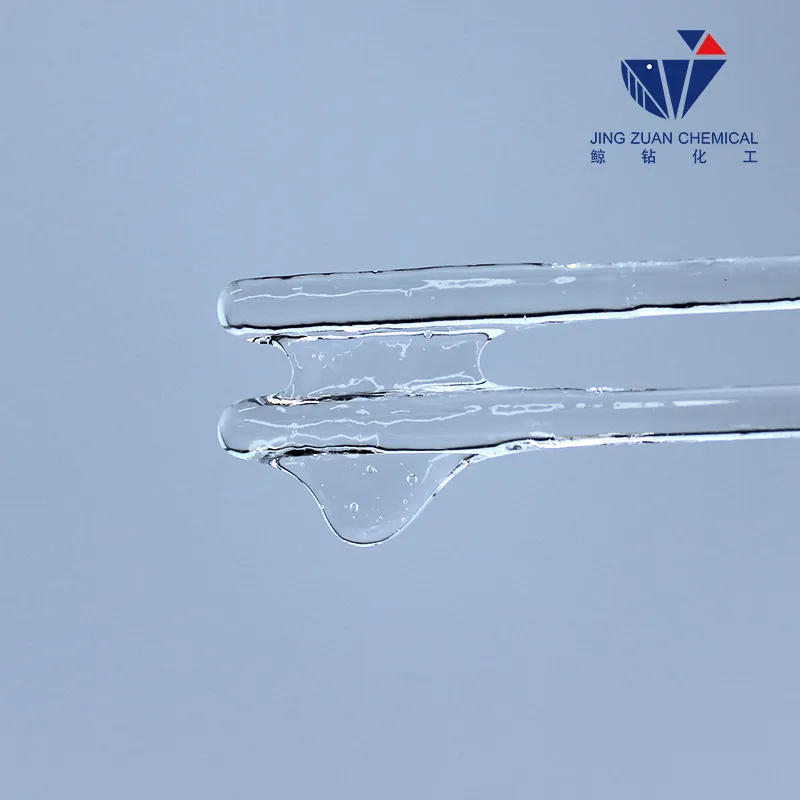
aug. . 31, 2024 05:06 Back to list
mortar bonding additive
The Importance of Mortar Bonding Additives in Construction
In the realm of modern construction, ensuring the integrity and durability of structures is paramount. One of the fundamental components that greatly influence the strength of masonry is the bonding agent used in mortar. Mortar bonding additives have emerged as crucial elements in this process, enhancing the performance and longevity of masonry applications.
Mortar serves as the adhesive that binds bricks, stones, and other materials together, forming the backbone of walls, facades, and pavers. However, traditional mortar can sometimes lack the necessary adhesion or can be prone to cracking under certain conditions. This is where mortar bonding additives come into play. These additives are specifically formulated to improve the properties of the mortar mix, ensuring stronger adhesion and improved workability.
One of the primary benefits of adding bonding agents to mortar is the enhancement of its adhesive properties. These additives create a stronger bond between the mortar and the substrate, which is essential for preventing delamination and improving the overall stability of the structure. This is particularly important in environments where moisture is prevalent, as it can undermine the integrity of the mortar. Additives that are designed to be water-resistant can help mitigate issues related to water infiltration and consequent damage.
mortar bonding additive

Moreover, mortar bonding additives can significantly improve the flexibility of the mortar. This flexibility allows the mortar to expand and contract with temperature fluctuations, reducing the risk of cracking. In regions that experience extreme weather changes, this characteristic can prolong the life of the masonry work, saving costs on repairs and replacements.
Additionally, some bonding additives contribute to the hydraulic properties of mortar, enhancing its curing process and improving its strength over time. This is vital for projects that demand high-performance characteristics, such as high-rise buildings or critical infrastructure. The enhanced durability provided by these additives also means that structures can withstand the rigors of time and environmental stressors more effectively.
It is important to select the right type of bonding additive for a specific application, as various formulations are available, each with unique properties tailored to different construction needs. Factors such as the type of substrate, environmental conditions, and the specific requirements of the project should guide the choice of additive.
In conclusion, mortar bonding additives play a decisive role in enhancing the performance of masonry work. Their ability to improve adhesion, flexibility, and durability makes them indispensable in modern construction practices. By incorporating these innovative additives into mortar mixes, builders can ensure that their structures are not only strong but also resilient against the tests of time and nature. As the construction industry evolves, the utilization of advanced bonding agents will continue to pave the way for safer and more sustainable buildings.
-
Versatile Hpmc Uses in Different Industries
NewsJun.19,2025
-
Redispersible Powder's Role in Enhancing Durability of Construction Products
NewsJun.19,2025
-
Hydroxyethyl Cellulose Applications Driving Green Industrial Processes
NewsJun.19,2025
-
Exploring Different Redispersible Polymer Powder
NewsJun.19,2025
-
Choosing the Right Mortar Bonding Agent
NewsJun.19,2025
-
Applications and Significance of China Hpmc in Modern Industries
NewsJun.19,2025







